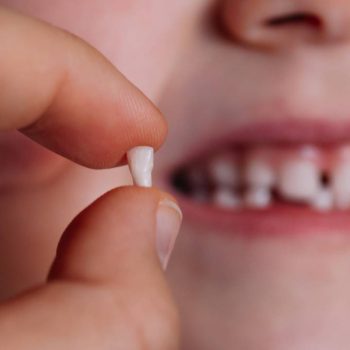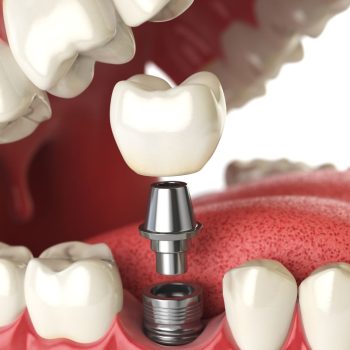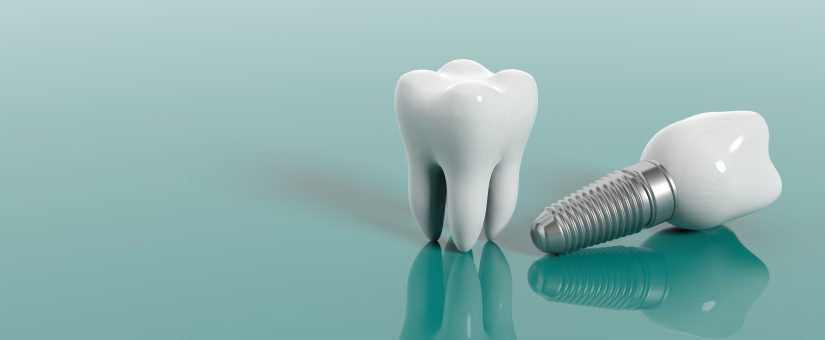
The Quality of Titanium and its Importance in the Manufacturing of Dental Implants
- On 13 June, 2024
The Quality of Titanium and its Importance in the Manufacturing of Dental Implants
Modern dentistry has undergone a significant revolution with the introduction of dental implants, offering affordable, long-lasting and aesthetically pleasing solutions for replacing missing teeth. At the heart of this transformation is titanium, a metal whose quality and unique properties make it the preferred material for the manufacture of dental implants. This article explores the quality of titanium and its crucial importance in dentistry.
Properties of Titanium

Titanium is a light, strong and highly corrosion resistant metal. These properties make it ideal for medical applications such as hip prostheses or fixing screws, and especially for what interests us in this case, in the manufacture of dental implants. Some of the most notable features of titanium include:
- Biocompatibility: Titanium is extremely compatible with human tissues. It does not cause adverse reactions and is well accepted by the body, which minimizes the risk of rejection. There are practically no cases of allergies detected in the literature.
- Corrosion Resistance: In the mouth, materials are exposed to saliva, food and drinks, which can be corrosive. Titanium, however, resists these elements, which guarantees the durability of the implant.
- Lightness and Strength: Although much lighter than other metals, titanium does not compromise on strength. This is essential for dental implants, which must withstand the force of daily chewing.
- Osseointegration Capacity: Titanium has a remarkable ability to integrate with natural bone through a process known as osseointegration. This means that bone grows around the implant, securing it firmly in place.
Importance of Titanium Quality in Dental Implants
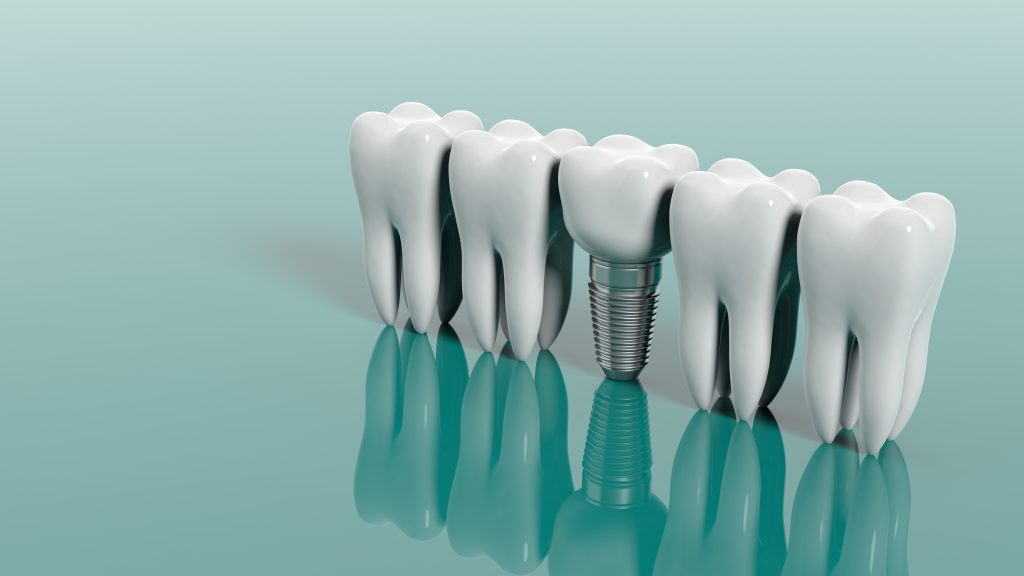
The quality of the titanium used in dental implants is of utmost importance. Not all titanium is created equal, and the purity of the metal can influence the success of the implant. The most commonly used titanium alloy in dentistry is grade 4 titanium, which offers an optimal combination of purity, strength and biocompatibility. At Rossell Carol we use Straumann ® brand implants with Swiss technology, recognized for using the purest titanium on the market.
- Purity of Titanium
The purity of titanium is a critical factor because contaminants can negatively affect biocompatibility and osseointegration capacity. Medical grade titanium undergoes rigorous quality checks to ensure it meets established standards. The presence of elements such as oxygen, nitrogen and carbon in controlled quantities ensures that titanium maintains its essential properties.
- Manufacturing Processes
The titanium manufacturing process also plays a crucial role in the quality of the implant. Advanced manufacturing techniques, such as precision machining and surface treatment, ensure that implants have the proper shape and texture to facilitate osseointegration. Surface treatments, such as sandblasting and acid etching, create a rough surface that improves bone adhesion.
- Tests and Certifications
Titanium dental implants go through extensive testing before being approved for clinical use. These tests include tests for resistance, biocompatibility and bone integration capacity. Certifications from international organizations, such as the FDA in the United States or the CE in Europe, guarantee that implants meet the highest standards of safety and effectiveness.
Advantages of Titanium Dental Implants
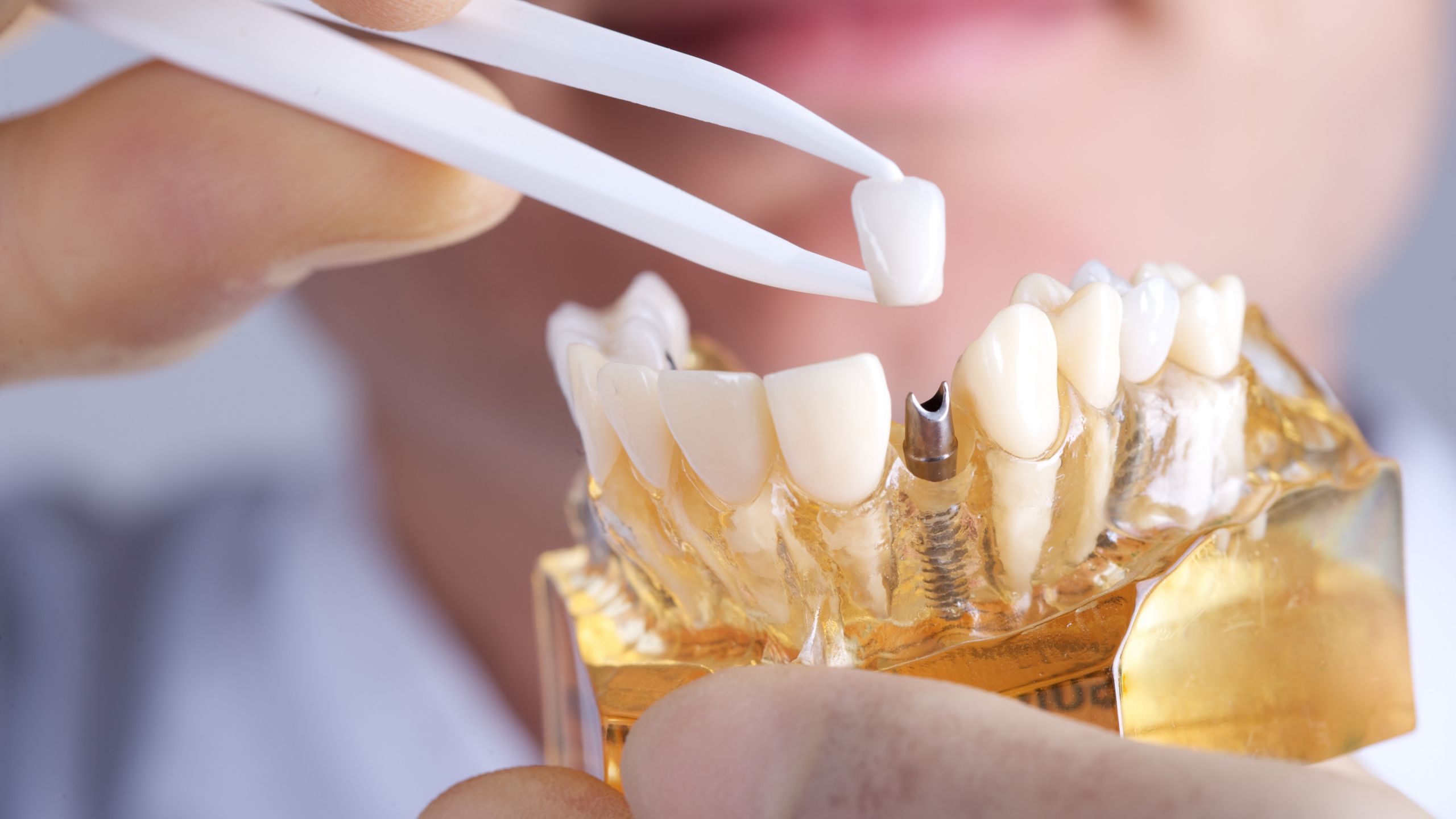
The use of titanium in the manufacture of dental implants offers multiple advantages for both patients and dental professionals:
- Long-Term Durability: Titanium implants are extremely durable and can last for decades with proper care, providing a long-term solution to tooth loss.
- Improved Oral Functionality: Titanium implants allow natural chewing and speech, improving the quality of life of patients.
- Superior Esthetics: With advances in implant technology, titanium implants can integrate perfectly with natural teeth, offering a superior aesthetic appearance.
- Maintaining Bone Health: By integrating with the bone, titanium implants prevent bone loss that can occur with other tooth replacement solutions, such as dentures.
Conclusions
- The quality of titanium is essential for the success of dental implants.
- Its biocompatibility, corrosion resistance, lightness and osseointegration capacity make it irreplaceable in modern dentistry.
- Choosing high-quality titanium dental implants ensures a safe, long-lasting and aesthetically pleasing solution for patients seeking to restore their smile and oral functionality.
- Continued research and development in this field promises to continue improving patient outcomes and satisfaction in the future.

